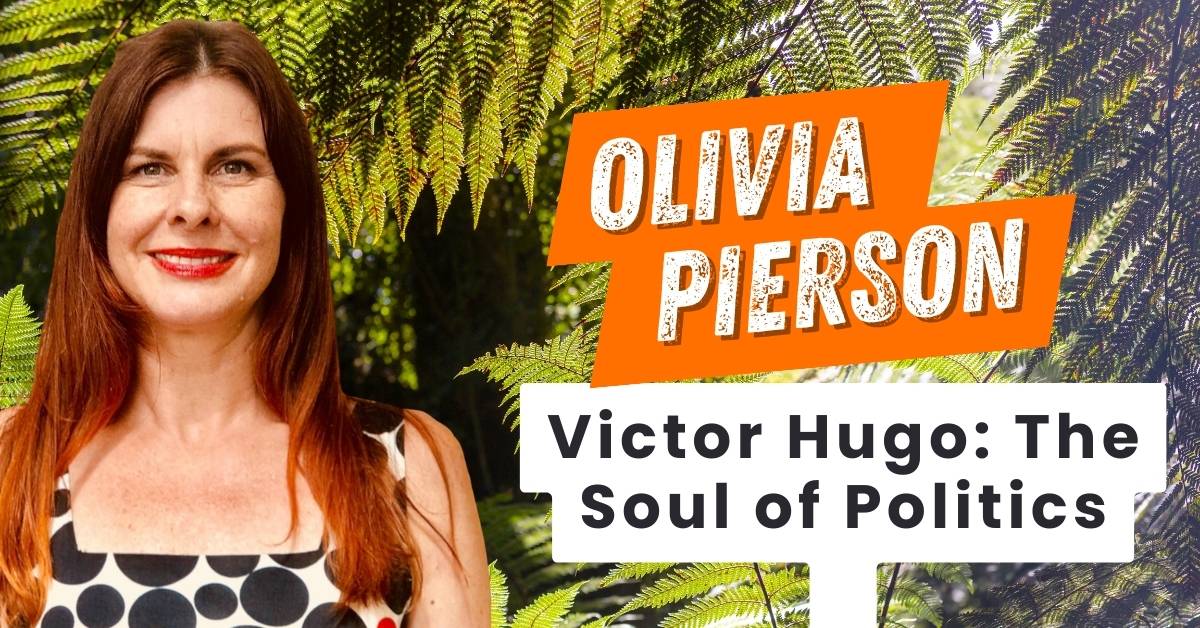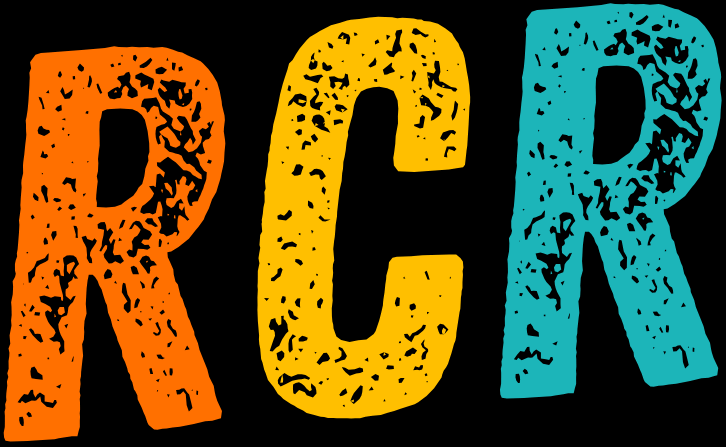
I can’t remember who exactly wrote this salient metaphor about literature, it may well have been Jane Austen:
“Literature is to the heart what ships are to the sea; a means to traverse it, a way to plumb its depths, its breadth and its beauty.”
When it came to matters of the heart — and mind for that matter, the nineteenth century Romantics took the art form of the novel to its zenith. Most notably, Victor Hugo, author of Les Miserables, committed one of the greatest stories ever told to ink, for it encompasses the painful personal and political struggles of heroes with a depth almost unmatched by any other writer. The term ‘Romantic’ isn’t meant to bring to mind mushy, lovey-dovey solipsism but rather its opposite — the objective moral case of ‘what ought to be’ rather than just ‘what is’. That sharp distinction, though it doesn’t rule out ordinary human sentimentality, is a call to examine the beauty of human morality at its highest — and Hugo was an extraordinary master of this powerful art form.
Hugo presented Les Miserables with an astoundingly large claim in his introduction:
“The book which the reader now holds in his hands, from one end to the other…treats the advance from evil to good, from injustice to justice, from falsity to truth, from darkness to daylight, from blind appetite to conscience, from decay to life, from bestiality to duty, from Hell to Heaven, from Limbo to God. Matter itself is the starting point, and the point of arrival is the soul.”
He delivered Romanticism in all its elevated glory. Hugo primed his readers by letting them consider that what they were about to read is what man should be striving for: goodness, justice, truth, honesty, conscience, life, duty, the divine — all taking place within the realm of human activity. There is nothing small, nothing petty, nothing shabby, tedious or casual in the aim of this type of literature. It’s all poignant, epic sweep. Hugo wrote human drama intelligently designed to uplift and help sanctify the Earthly condition of man’s continuous struggle for a life worth living.
The important themes of law versus grace and the responsibility of conscience are played out in Les Miserables through the character of its hero, Jean Valjean, and also through the character of the city of Paris, decades after the French Revolution has taken place but failed to bring about a nobler world:
“What are the convulsions of a city in comparison with the insurrections of the soul? Man is a depth still greater than the people.”
Jean Valjean is Paris in micro: an ex-convict who has overthrown his cynical, wounded self through a dramatic conversion to a life more noble, but still existing in the dark shadows of being hunted and hiding his identity. His valiant struggle is to avoid capture and to protect the innocence of the orphan girl now in his care. Living free would be a cinch for Jean Valjean if he were alone and without responsibilities, but he does have responsibilities due to a solemn promise he made to assuage the fears of a dying prostitute: that he would raise Fantine’s child “to the light.”
The beginning of Les Miserables is devoted to the extraordinary character of Monseigneur Bienvenu Myriel, the Bishop of Digne, who is responsible for Jean Valjean’s conversion from darkness to light. When he offers Jean Valjean food, comfort and lodging out of pure charity, he treats the ex-convict as an honoured guest, serving him food on silver plates with silver candlesticks to light their table. Later that night, in the grip of fossilised hate and bitterness, Valjean steals the silver plate and disappears into the night, only to be swiftly apprehended by the local gendarmes and brought back to the Bishop’s residence. Knowing this event will have Valjean sent back to the torturous galleys of cruel imprisonment, the Bishop puts on an act in front of the gendarmes for Valjean’s sake alone:
“Ah! There you are… I am glad to see you. Why, I gave you the candlesticks too, which are also silver, and will fetch you 200 francs. Why did you not take them away with the rest of the plate?”
The gendarmes leave and Bishop Myriel quietly speaks to Valjean’s damaged spirit:
“Forget not, never forget that you have promised me to use this silver to become an honest man… Jean Valjean, my brother: you belong no longer to evil, but to good. It is your soul that I am buying for you. I withdraw it from dark thoughts and from the spirit of perdition, and I give it to God!”
The Bishop’s redemptive love and courage forever light the mind of Jean Valjean, but we never again meet him in the pages of the book. We are, however, gifted with some defining chapters on what and who helped to shape the character of the Bishop in the preceding pages before he and Valjean meet.
Most memorable is the chapter when he visits a secluded, dying revolutionary conventionalist, a Republican, whom the townspeople of Digne despise as a quasi-regicide, an atheist and an absolute monster. Even the broad-minded Bishop Myriel has never quite mustered up the courage to visit him in his lonely isolation, and now only deigns to do so in order to give the man a last chance at reconciliation with God before dying.
What the Bishop finds instead is a highly evolved old man who has placed himself outside to feel the last rays of sun before the paralysis of death overtakes his ancient body. The two men spar in a verbal dialogue about the morality of the 1793 revolution, and also about the abuses of monarchy and religion. One finds oneself utterly riveted at the quality of the written interchange:
“I congratulate you,” the Bishop said, “ at least you did not vote on the King’s death.”
“Do not congratulate me, sir: I voted the death of the tyrant.”
“What do you mean?”
“I mean that man has a tyrant, Ignorance, and I voted for the end of that tyrant which engendered royalty, which is the false authority, while knowledge is the true authority. Man must only be governed by knowledge.”
“And conscience,” the Bishop added.
“That is the same thing. Conscience is the amount of innate knowledge we have in us.”
Over the course of this conversation, which is seasoned with the Deistic language of the Enlightenment, and by the time the old revolutionary draws his final breath, the Bishop is on his knees asking for the atheist’s blessing. The experience alters Bishop Myriel forever:
“No one could say that the passing of that mind before his and the reflection that great conscience cast upon his, had not something to do with his approach to perfection.”
A few chapters later, when Jean Valjean is about to encounter Bishop Myriel for himself, one feels that a worm is about to enter the presence of one of the most rarified souls ever to grace God’s Earth.
The development of the human soul, and the deeply personal responsibility for the integrity of one’s conscience that accompanies that development, is an obsession with Hugo. His created heroes, like Jean Valjean, willingly take on the responsibility of self and others but, above all, are commanded to rise: Gavroche, the ill-fated street urchin who acts like a mother to all the little, lost children of the Parisian streets by taking it upon himself that they’re fed, sheltered and comforted. Then there’s the magnificently fierce insurrectionist Enjolras who leads his brothers-in-arms with an almost imperial dignity to fight for the dawn of New World democracy:
“The menacing majesty of Enjolras disarmed and motionless, appeared to oppress this tumult, and this young man, haughty, bloody, and charming, who alone had not a wound, who was as indifferent as an invulnerable being, seemed, by the authority of his tranquil glance, to constrain this sinister rabble to kill him respectfully.”
Hugo’s romantic vision of man, before any kind of socialism was to be implemented anywhere in the world, was heavily influenced by the Enlightenment philosophers, of course, and their dedication to republicanism. In 1878 he made a speech at the 100-year anniversary of the death of Voltaire, where he proclaimed the essence of Republican virtue:
“Let the eighteenth century come to the help of the nineteenth. The philosophers, our predecessors, are the apostles of the true; let us invoke those illustrious shades; let them, before monarchies meditate wars, proclaim the right of man to life, the right of conscience to liberty, the sovereignty of reason, the holiness of labor [sic], the beneficence of peace: and since night issues from the thrones, let the light come from the tombs.”
Hugo’s vision of impending human progress was, indeed, so remarkably hopeful that, only one year later, he made a final public speech in 1879 where he painted this utopian picture of the coming century, the twentieth, that we now know in hindsight, happened to be the bloodiest century in the entire history of man’s existence:
“In the twentieth century war will be dead, the scaffold will be dead, hatred will be dead, frontier boundaries will be dead, dogmas will be dead; man will live.”
Verily, how wrong he was. Perhaps Hugo’s over-optimism was only off by 100 years? Wisdom and history teach us that we should hope for the best, but always prepare for the worst. The human soul can be lit by the light of truth or darkened by faith in those who deceive us.
Beyond that, considering Hugo’s literature courageously traversed the human heart and plumbed its great depths and breadth, his words have been well absorbed by curious readers for 156 years now in book, in film and even set to music on the stage. If Hugo could but glimpse the modern world humming along today with all its taken-for-granted human rights and high standards of living, with easy liberties to boot, one can’t help but feel that Hugo might be pleasantly delighted that his words about the human condition deeply penetrated society at every single level, not just the level of les miserables: the rabble, the misfits, the downtrodden. The fate of the common man now has huge political sway over the fate of those elected to power. This real state of affairs is the stuff that Hugo could only ever dream about, yet it did come to pass.
So, here we are living in the dawn of the twenty-first century. The battle we are waging to keep our democracies free is still to temper the tyrant of ignorance, but now most of the masses are armed with university degrees… and therein lies the rub.
If you enjoyed this article, you can purchase Olivia’s book Western Values Defended: A Primer here.
This article was originally published on Olivia's website, OliviaPierson.org – Free Thought Advocate on 12 July, 2018.
